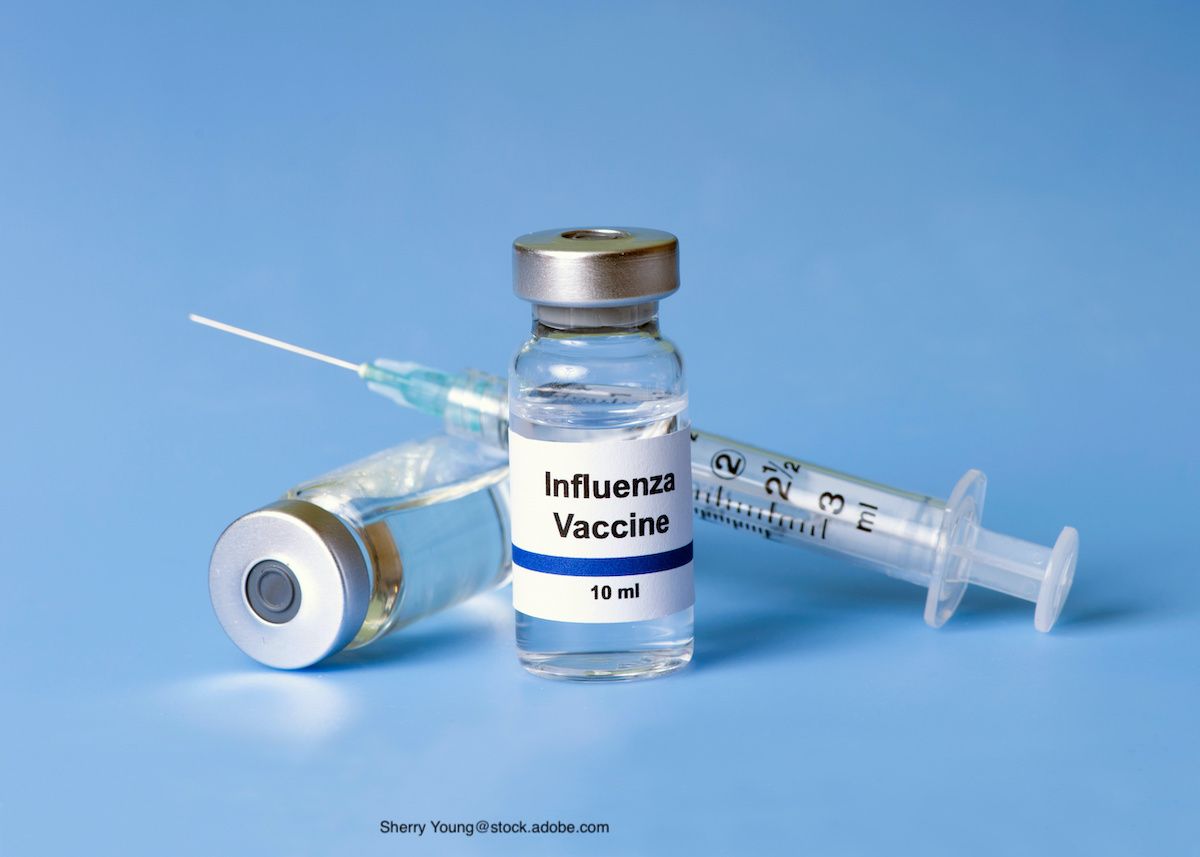Flu Shot Reduced Outpatient Care Needed in 2021-2022 Flu Season - Drug Topics

Research on last season's influenza vaccine efficacy bodes well for patients who have gotten their flu shot this season.
With high influenza activity across the country, many providers are urging patients to get their flu shot if they haven't already. Research on the 2021-2022 flu vaccine's efficacy for keeping patients from requiring even outpatient care1 could be another helpful way to convince those who are on the fence.
Investigators enrolled patients aged ≥6 months who were at an outpatient center for acute respiratory illness with cough across 7 sites. The participants or their parent were asked about symptoms, general health before illness, and whether the participants had been administered the flu vaccine. Nasal or oropharyngeal swabs were used to collect specimens to test for influenza and SARS-CoV-2. Logistic regression models were used to estimate vaccine effectiveness (VE).
From a pool of 6244 patients, 468 (7%) were positive for influenza; 1948 (31%) tested positive for SARS-CoV2, and 3844 (62%) tested negative for both influenza and SARS-CoV-2. Among the patients who tested positive for influenza, nearly all were further subtyped as A(H3N2). In the 4312 patients who were included for influenza VE analysis, 57% had received the season's flu shot. Those who had been administered a vaccine tended to be older, more likely to be non-Hispanic White, report at least 1 high-risk condition, and have received at least the primary COVID-19 vaccine series along with 1 booster. The VE against influenza A was 36% across all ages and 36% against A(H3N2) especially.
Limitations to the study include using self-report for vaccination status versus the medical record, changes to health care seeking behavior since the pandemic, and the fact that the report was looking at reduction in outpatient visits, not more serious outcomes. The investigators concluded that the vaccine reduced outpatient visits for influenza A (H3N2) by roughly a third. Furthermore, "protection afforded by vaccination was comparable to previous A(H3N2)-dominant seasons before the COVID-19 pandemic."
Advertisement
Reference
1. Price AM, Flannery B, Talbot HK, et al. influenza vaccine effectiveness against influenza A(H3N2)-related illness in the United States during the 2021–2022 influenza season. Clin Infect Dis. 2022; doi:10.1093/cid/ciac941.

Comments
Post a Comment